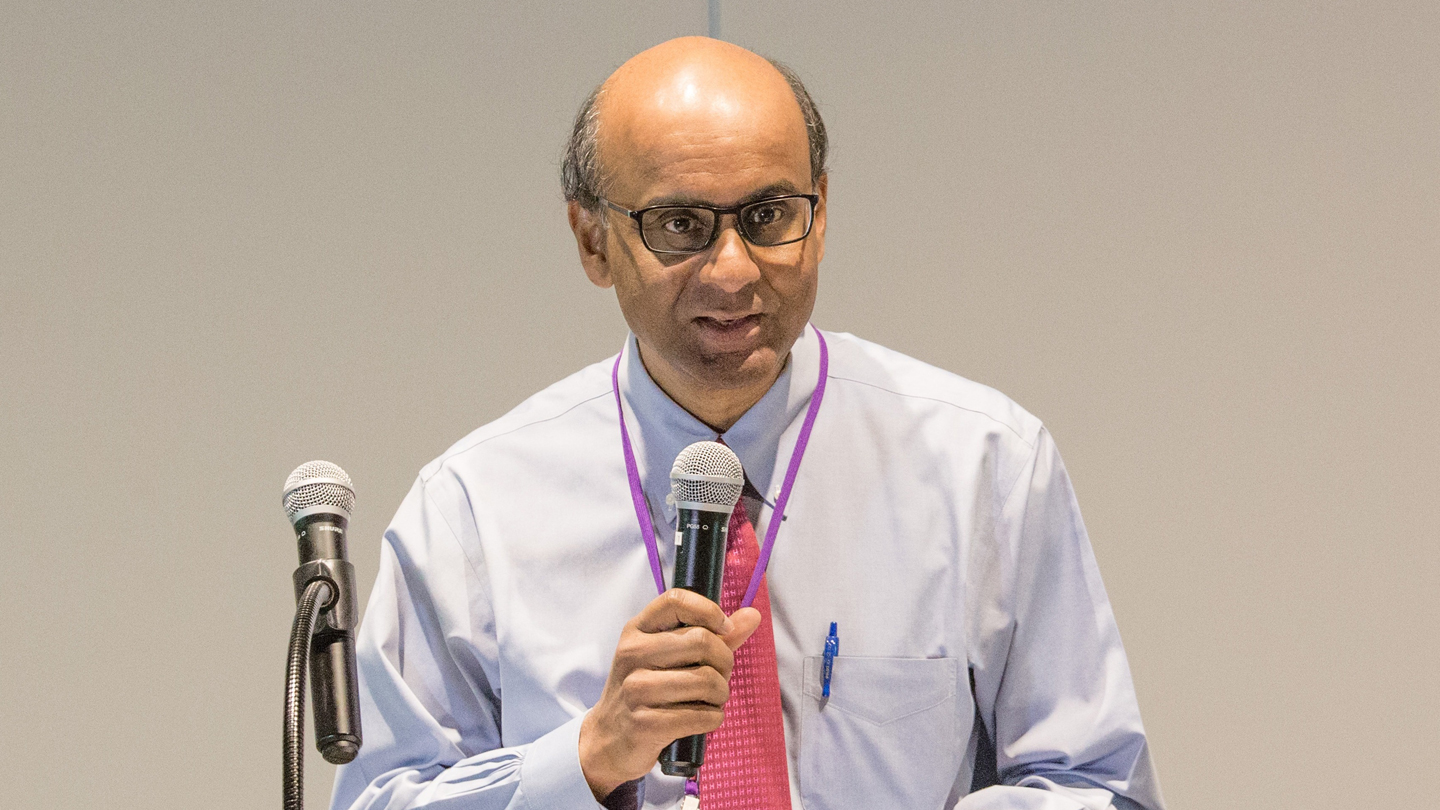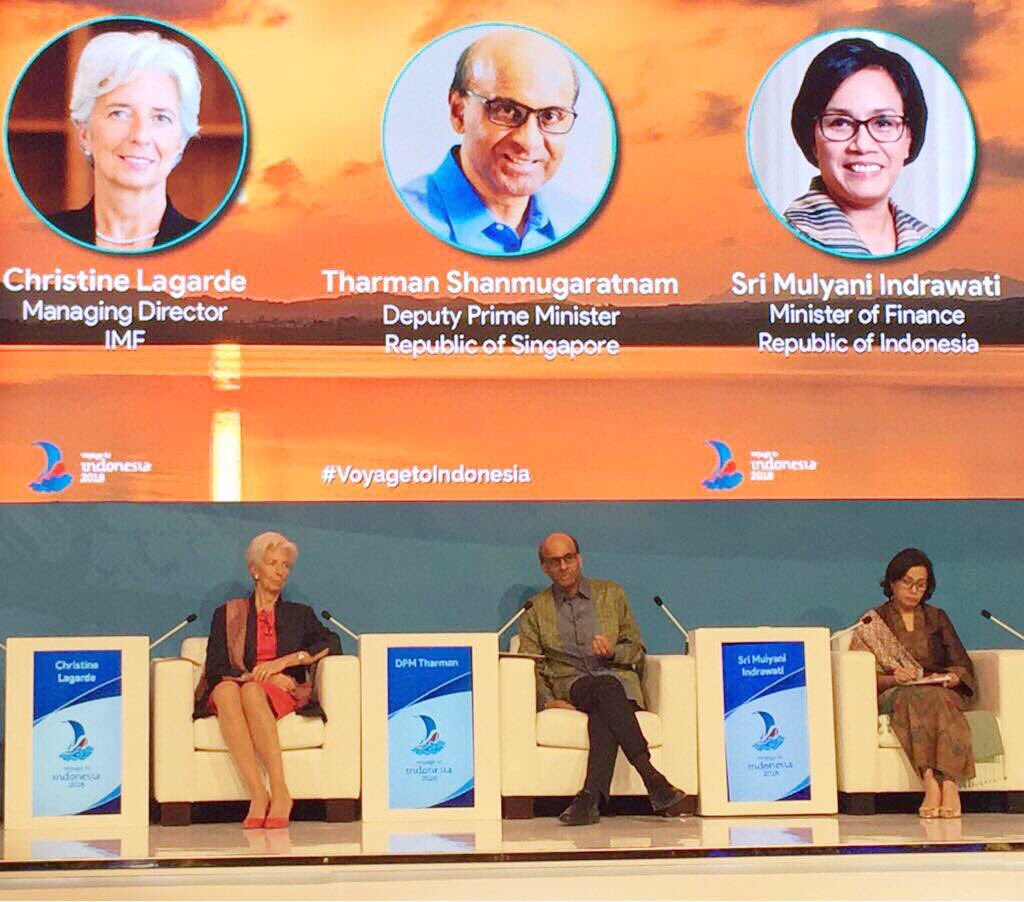The planned future increase of the Goods and Services Tax (GST) is part of a balance Singapore is striking between staying competitive and being inclusive, asserted Deputy Prime Minister of Singapore Tharman Shanmugaratnam while speaking at a conference in Jakarta organised by International Monetary Fund (IMF) and Bank Indonesia.
“That balance between staying competitive and ensuring that we can grow at a sustainable pace, but at the same time staying inclusive, and in particular, being able to afford the quality healthcare that an ageing population needs – that's foremost on our minds,” said Tharman.
The Deputy Prime Minister also said that the rich would have to pay more over time.
"We need more revenue – we have been quite plain about it. It will allow us to expand healthcare provisions for an ageing population. And we can do it in a way that is fair to the poor and middle class. Those who are better off, one way or another have to pay more over time. But we want to do it in a way that doesn't hurt our competitiveness.”
Heng Swee Keat, Finance Minister of Singapore made had made the announcement that GST will go up from 7 to 9 per cent sometime in the period between 2021 and 2025 while presenting the annual budget 2018 in the Parliament.
At the conference, Tharman also advocated for a single digital economy for ASEAN which is being possible by a new wave of financial innovation in the region.
“If you look around the region, there are still very significant underserved populations, and fintech and financial innovation have a lot of potential to reach out to them.,” he said.
Talking about the vision of ASEAN, Tharman said, “The vision for ASEAN has to include a single digital economy, with a network of smart cities which are hubs within this digital economy.”
“It should also include a single, inter-operable payment system, enabling digital commerce to be smooth and frictionless. There is still a lot of work to be done regarding the regional supply chain and digitising the supply chain and markets will be a plus-plus for ASEAN countries,” he added.




